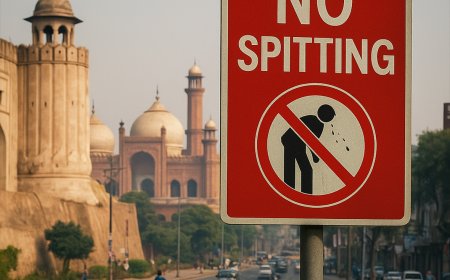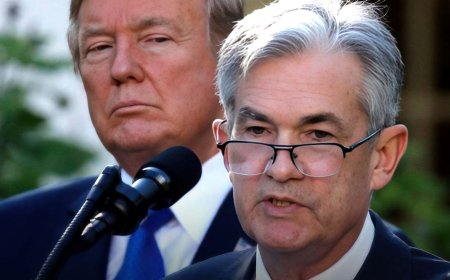Italy’s Toughest Anti-Smoking Laws Take Effect
In a landmark move, Italy has implemented its toughest anti-smoking laws to date, with Milan taking the lead in enforcing these groundbreaking regulations.

In a landmark move, Italy has implemented its toughest anti-smoking laws to date, with Milan taking the lead in enforcing these groundbreaking regulations. This bold initiative aims to protect public health, reduce exposure to secondhand smoke, and create a cleaner, more sustainable urban environment. The new measures reflect Milan’s commitment to setting the standard for health-conscious urban living, aligning with global trends toward stricter smoking controls.
The Key Provisions of Milan’s Anti-Smoking Laws
Outdoor Smoking Ban
Milan’s new laws ban smoking in outdoor public spaces such as:
- Parks
- Playgrounds
- Outdoor dining areas
These locations are frequented by families and children, and the move aims to reduce their exposure to secondhand smoke.
Vaping Restrictions
Recognizing the rising concerns around vaping, the laws also extend restrictions to e-cigarettes. Vaping is now prohibited in public spaces, and violators face heavy fines, signaling the city’s stance on addressing health risks associated with vaping.
Smoking Near Sensitive Areas
Smoking is strictly prohibited near schools, hospitals, and healthcare facilities to ensure clean air in these critical zones. These regulations prioritize the health of vulnerable groups, including children, patients, and the elderly.
Hefty Fines and Penalties
The penalties for violating these laws have been significantly increased, with fines of up to €500 for offenders. This strict enforcement is expected to deter smokers from flouting the rules.
Public Awareness Campaigns
In addition to these stringent regulations, Milan is launching extensive public awareness campaigns to:
- Educate citizens on the dangers of smoking and secondhand smoke.
- Provide resources and support for those looking to quit smoking or vaping.
- Promote a healthier lifestyle aligned with Milan’s broader vision for sustainable urban living.
The city aims to foster a cultural shift that encourages people to prioritize health and environmental well-being.
Why This Matters: Broader Implications
A Model for Other Cities
Milan’s comprehensive approach is not just a local initiative but a potential blueprint for other cities across Italy and beyond. By prioritizing public health, Milan showcases how urban centers can take a proactive stance against smoking-related health risks while promoting sustainability.
Health and Environmental Benefits
The initiative promises to:
- Reduce secondhand smoke exposure in public spaces.
- Lower smoking-related illnesses and healthcare costs.
- Contribute to cleaner air and a more sustainable environment.
Milan: A Trendsetter in Public Health
Known globally for its leadership in fashion and design, Milan is now setting trends in public health. This forward-thinking approach reinforces the city’s reputation as a leader not just in culture but in creating healthier, more livable urban spaces.
Challenges and Responses
Public Resistance
While the laws have received widespread support, some smokers and businesses have expressed concerns about their impact. To address this, the city government is:
- Offering free resources to help smokers quit.
- Providing clear guidelines for businesses to comply with the new regulations.
Enforcement
Ensuring compliance with these rules is a priority. Authorities have deployed additional personnel to monitor high-traffic areas and enforce penalties for violations.
Conclusion
Milan’s implementation of Italy’s toughest anti-smoking laws is a bold step toward a healthier, more sustainable future. These measures not only protect public health but also set a precedent for other cities to follow. By aligning public policy with values of environmental consciousness and well-being, Milan is redefining what it means to be a global leader in urban living.
As the city continues to innovate in public health and sustainability, it paves the way for a cleaner, healthier Italy.
What's Your Reaction?







































































































